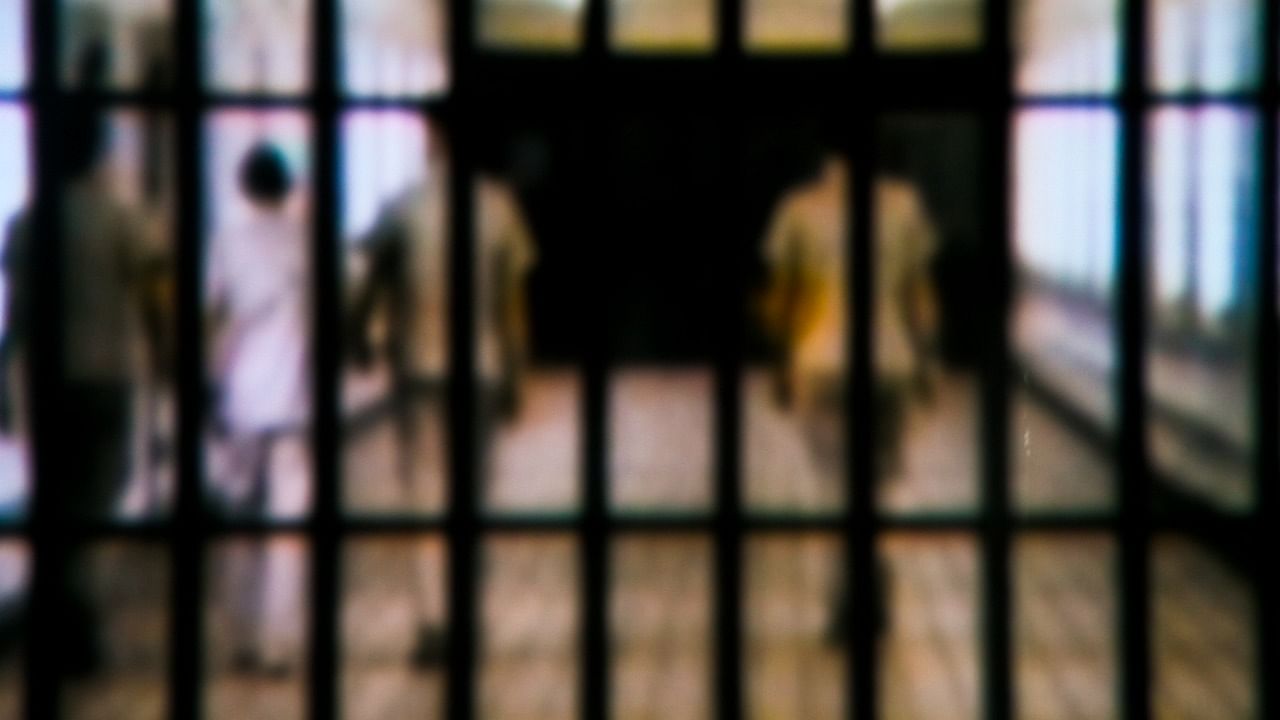
The Supreme Court on Thursday directed the Chief Secretary of every state to ensure availability of internet with adequate speed in each jail to avoid non-release of prisoners after grant of bail due to delay in communication.
"We are concerned about the plight of the jail inmates who are not released despite the bail orders passed by this court due to delay in communication of such orders. It is high time to utilise the Information and Communication Technology tools for efficient transmission of court’s orders," a bench presided over by Chief Justice N V Ramana said.
Taking up a Suo Motu matter, the court noted 19 states have submitted a report with regard to availability of internet facility in prisons. The states of Arunachal Pradesh, Nagaland, Assam and Mizoram informed about non-availability or partial availability of internet connectivity.
The court ordered the states to take necessary steps to arrange for internet facility expeditiously wherever it was not available.
However, till then, communication should be made through the nodal officers of the state governments under the FASTER (Fast and Secured Transmission of Electronic Records) system which proposed transmission of e-authenticated copies of the interim orders, stay orders, bail orders and record of proceedings to the duty-holders for compliance and due execution, through a secured electronic communication channel, the bench said.
The court ordered Director General, National Informatics Centre, Secretary (Home) of all the states and Union Territories and the Director General of Prisons of all the states to ensure smooth and successful implementation of FASTER system.
The bench, also comprising Justices L Nageswara Rao and Surya Kant, directed the authorities to recognise the e-authenticated copy of the order of the top court communicated to them through FASTER system.
On July 16, the top court initiated Suo Motu proceedings while expressed its annoyance at slow pace of communication of its orders related to bails, delaying the citizens fundamental right of liberty.
It decided to launch a scheme setting in motion an innovation aimed at revolutionising transmission of court orders to all concerned in a fast and secure manner.
A report submitted by the court's Secretary General Sanjeev S Kalgaonkar stated that the FASTER system proposed to provide secured communication channel between the duty-holders.
"Two-factor authentication will further ensure authorised user access on the email domain. Automatic delivery notification will ensure that the email is properly delivered to the recipient," it said.
In order to create authentication mechanism, unique QR Code was proposed to be appended on each of the page of judicial record which will lead the user to the website of the Supreme Court where the relevant record of proceedings or orders were uploaded, for the purpose of verification, it added.
Watch latest videos by DH here:
